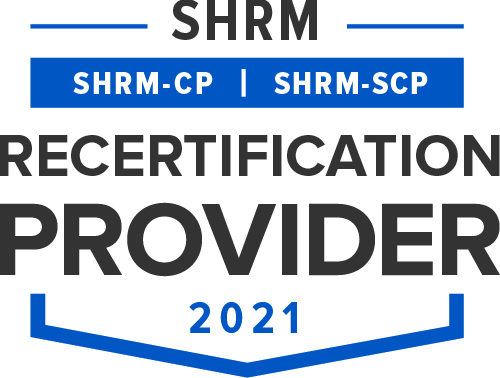On my way to work this morning, I saw seven businesses that had “Help Wanted” signs out front. The sign above is from a fast-food restaurant requesting you be nice for the few staff they have that are working their butts off to get you fat! Please be patient, your fries, double cheeseburger, and shake will be with you shortly.
I was on vacation for Spring Break (yeah, I said it), and traveled out to St. George, UT, and spent time outside hiking. Stopped at a McDonald’s for a Diet Coke on our way back from Zion and the manager was locking the doors at 2:30 pm in the afternoon. He apologized and said he normally has 50 employees on the schedule, but currently only has 16 and can’t keep the doors open!
Do People Really Not Want To Work?
1st – Of Course People Don’t Want To Work!?! How stupid is this question!? (Wait, so let me get this straight, I don’t have to work? And I’ll get money? And I don’t have to pay rent? Okay, I’m not gonna work.)
2nd – Read #1.
3rd – If you give anyone the choice to not work, but still get their bills paid, they will not work. This is what is currently taking place in this great country of ours. In fact, some folks are making more not working than they were working. So, none of this is surprising!
The surprising part is politicians seem to be the only people alive, in America, who don’t understand that businesses can’t get people to come to work right now. They like to point to unemployment numbers, but those numbers are not telling the true story of what’s happening across the vast majority of industries.
Certain companies and industries got hurt super bad by Covid. We needed a policy that was sniper rifle accurate to help those people. Our government, instead gave us a nuclear bomb acting like everyone was in trouble. Which lands us in the position we are in right now. Too much work, not enough people who need to work at this moment.
No, Really!? Do People Not Want To Work?
Here’s my take:
People want to do things that make them feel valued. Things that make them feel satisfied. Where they have some freedom of choice. And at the end of the day they feel safe, secure, and that they matter.
The vast majority of jobs from $10/hr to $20/hr can’t meet those basic needs.
If anyone of us was given the choice to not work and have our basic needs met, even for a short period of time (like the current Stimulus package) most would take it and do things they would rather be doing. Some will help others and volunteer. Some will take time for themselves. Some will actually do nothing and just wait until the time comes around when they have to go back to work to meet their basic needs.
So, basically, if you are hurting for workers and you pay below $20/hr, you are going to be in a world of hurt through at least this summer and maybe longer.
What Can You Do To Get More Workers?
First, do everything in your power to keep the workers you have. Be kind. Be helpful. Be understanding. If they are overworked, be empathetic and try to do what you can to help them and their quality of life.
Second, don’t give new employees stuff you won’t give your current employees. I see this constantly. Oh! Hey, come work for us and we’ll give you a $500 signing bonus! But you won’t give your current employees a $500 retention or Hard Work bonus.
Third, stop thinking you are all that and a bag of chips! You can’t just throw up a Help Wanted sign and get workers. Be Better! Yep, that means you might actually have to put money into recruiting. Yes, hourly recruiting is as important as salaried recruiting and in many businesses more important. But, I find most organizations that hire a lot of hourly workers are vastly under-resourced when it comes to hourly recruiting as compared to salary recruiting.
Fourth, it’s time to take some chances with all those biases you have. Hire folks who test positive for weed. Hire folks who went to prison. Hire folks who aren’t your “Norm”. It’s time to take some chances, which really aren’t chances, but being more inclusive in hiring, but that’s an entire other post.
Finally, vote differently. If one employer is having a problem hiring, most likely that employer isn’t really that great to work for. If tens of thousands of employers are struggling to hire, something went wrong at a macro-scale. In terms of our current situation, we know exactly what went wrong. Bad policy is causing some short/long-term pain for employers.
Economics will eventually take care of this problem. Employers will pay more, offer more, change. This means we’ll all pay more for stuff we used to get cheaper. Some businesses will go under because you won’t agree that paying more is worth what they offer. This will cause workers to be unemployed. Making it easier for employers to hire at market wages. The law of supply and demand is undefeated.


